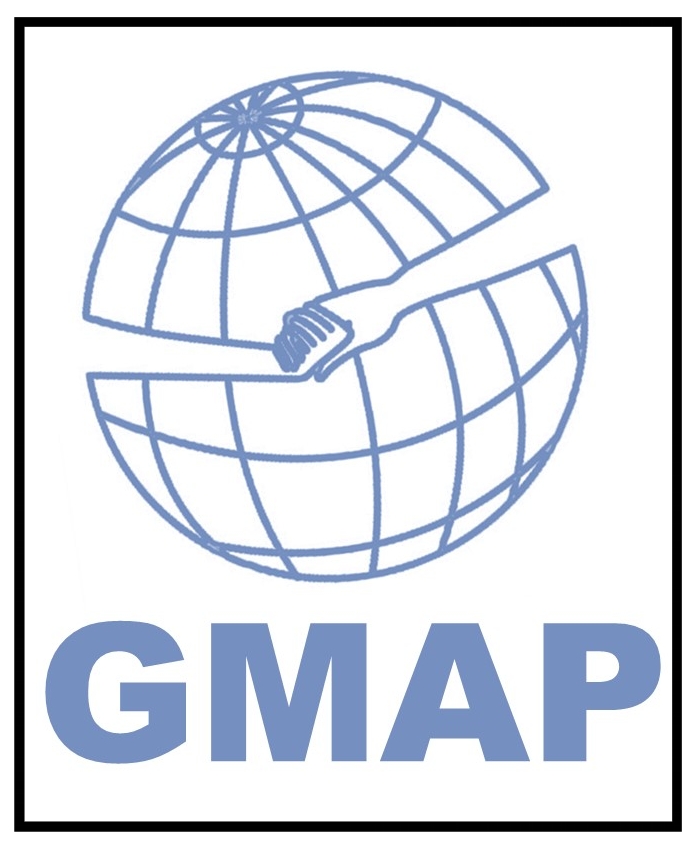Peer Act!vate: Utilizing Peer Recovery Advocates to Implement an Evidence-Based Intervention to Decrease Substance use among Low-income Minority Adults
This is an implementation science study in collaboration with UMB Nursing and Michigan State University to evaluate the use of peer recovery coaches to address substance use in a community health center in Baltimore. This project aims to adapt behavioral activation for use by peer recovery coach advocates and to pilot the modified approach and training procedures at Paul’s Place, a community health center in Baltimore, MD.
Location: Baltimore, MD; Funding: UMB-UMCP Research Innovation Seed Grant; 2018-2020. Partnering with Michigan State University and UMB Nursing (PIs: Felton, Doran, Magidson). Opportunities for staff and graduate students to be involved in study coordination, primary data collection, secondary data analysis, and future grant submissions
Publication of results:

